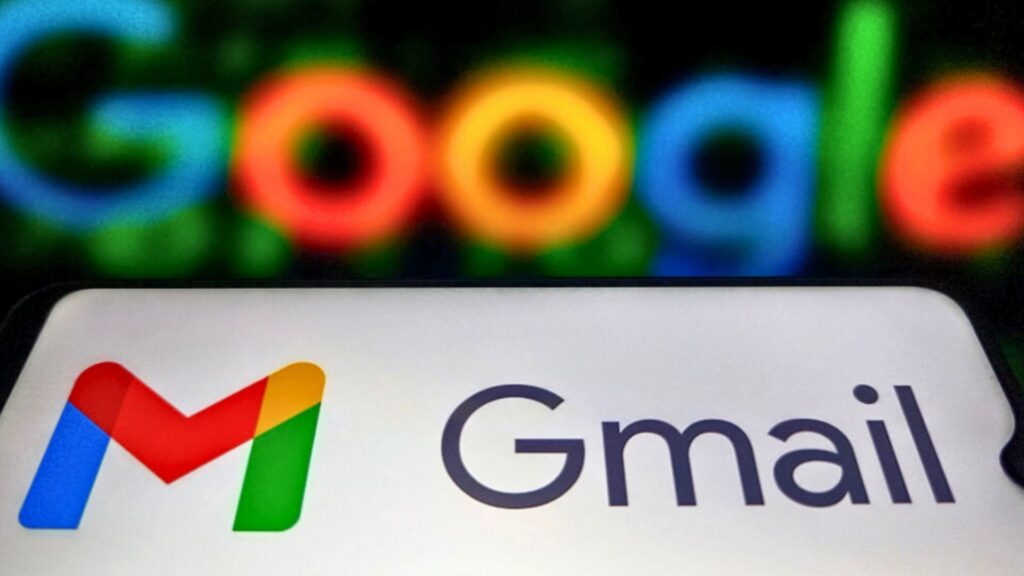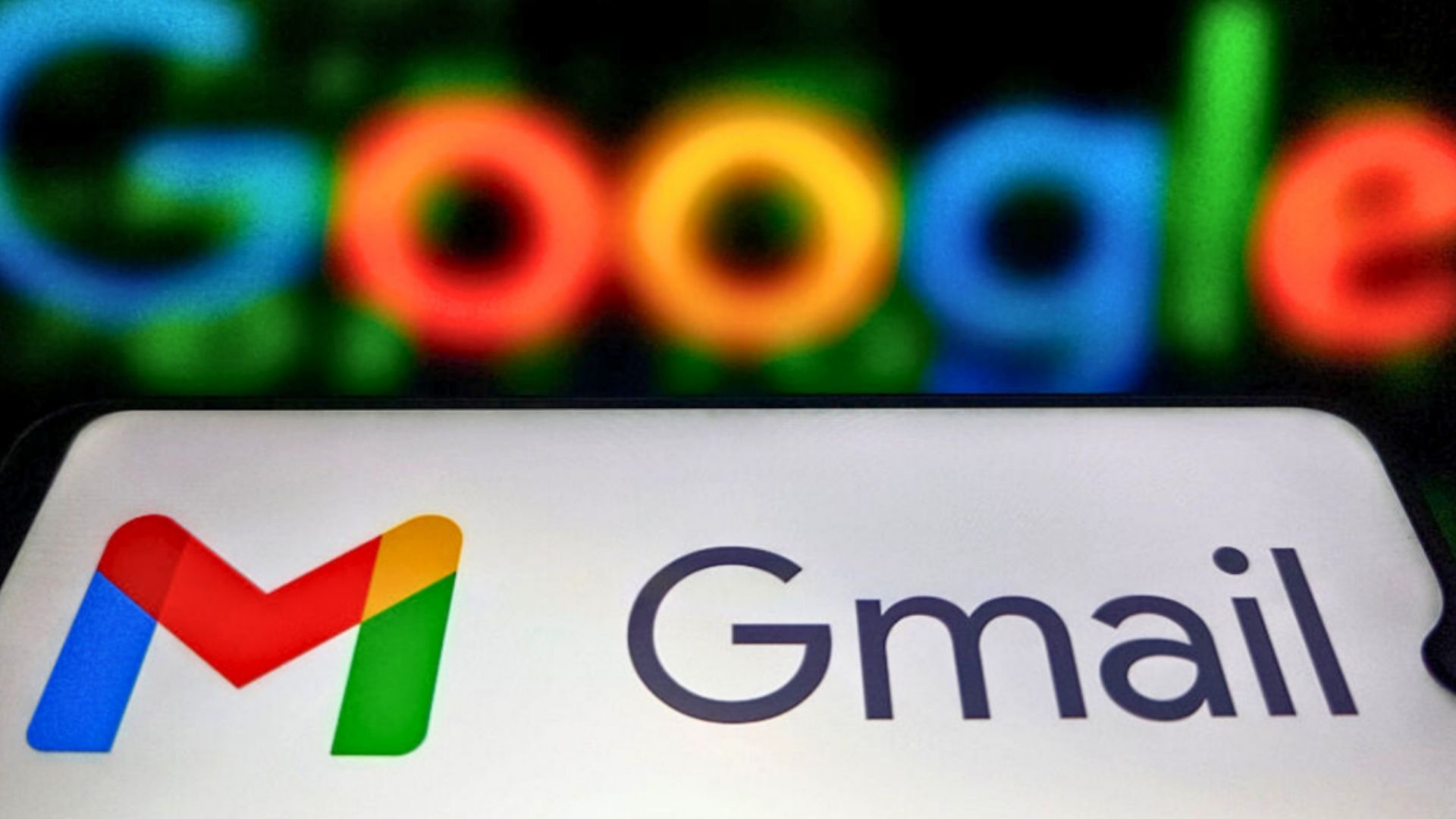Recently, several misleading claims have circulated online, suggesting that Gmail issued a broad warning to all users regarding a so-called major security vulnerability. These claims are false. Gmail has not released any such global alert. Instead, Google continues to emphasize its long-standing commitment to user safety, relying on advanced security technologies that protect billions of inboxes every day.

Gmail’s Security Protections Remain Strong
Gmail is one of the most widely used email platforms in the world, which makes it a frequent target for cybercriminals and phishing campaigns. Despite this, Gmail has consistently maintained industry-leading security standards. According to Google, Gmail blocks more than 99.9% of phishing and malware attempts from ever reaching users’ inboxes.
This means that the overwhelming majority of malicious emails are intercepted and neutralized before they can cause harm. Such a high success rate is the result of years of investment in advanced machine learning, artificial intelligence, and security infrastructure.
Quick Summary Table
Key Point |
Details |
|---|---|
Security Status |
No major Gmail security breach or global warning has been issued. |
Protection Rate |
Gmail blocks more than 99.9% of phishing and malware attempts. |
False Claims |
Reports of a Gmail-wide warning are incorrect. |
Google’s Focus |
Heavy investment in AI, machine learning, and security infrastructure. |
Best Practices |
Use Passkeys, enable two-factor authentication, avoid suspicious links, and report phishing. |
Official Site |
False Claims of a “Major Gmail Security Warning”
The inaccurate reports recently circulating online suggested that Google had issued a widespread alert about a major Gmail security problem. These reports are not correct. No such warning was ever issued.
It is true that phishing attempts are a constant risk, but Google’s public communications on the subject are always specific, transparent, and fact-based. The company works diligently to inform users of real threats without creating unnecessary fear or confusion.
When misinformation spreads about supposed universal warnings, it risks creating unnecessary panic, distracting users from genuine cybersecurity best practices. Google has made it clear that while threats exist, there has been no mass Gmail breach or global emergency alert.
Google’s Approach to Security
Google treats security as one of its most important responsibilities. The company invests heavily in safeguarding user accounts and constantly updates its systems to stay ahead of cybercriminals. Some of the core aspects of Gmail’s security approach include:
1. Machine Learning and Artificial Intelligence
Gmail uses AI-driven algorithms to detect suspicious activity. These systems analyze billions of signals daily to identify potential threats, learning and adapting to new attack strategies in real-time.
2. Advanced Spam Filtering
Gmail’s spam filters automatically remove suspicious emails and prevent phishing links from reaching users. Messages that appear questionable are flagged or moved to the spam folder for user review.
3. Safe Browsing Technology
Google Safe Browsing warns users before they click on dangerous links. This helps prevent malware downloads and phishing scams from compromising devices.
4. Multi-Factor Authentication and Passkeys
Beyond password security, Google has introduced Passkeys and two-step verification, giving users more secure alternatives to traditional passwords. These features make unauthorized access much more difficult.
Best Practices for Gmail Users
While Gmail’s built-in protections are highly effective, users also play a vital role in maintaining account security. Google recommends the following best practices:
-
Use Passkeys or Two-Factor Authentication: Passkeys provide a password-free way to sign in securely. Enabling two-step verification is another strong safeguard.
-
Be Cautious with Links and Attachments: Avoid clicking unknown links or downloading files from untrusted sources.
-
Check Email Authenticity: Phishing messages often imitate legitimate services. Always verify the sender’s address and look for subtle errors in spelling or design.
-
Report Suspicious Emails: Gmail provides tools for reporting phishing attempts directly. This helps improve protections for all users.
-
Regularly Review Security Settings: Periodically check your Google Account security page for alerts, recovery information, and account activity.
The Importance of Accurate Information in Cybersecurity
Cybersecurity relies on trust, clarity, and accuracy. False claims about Gmail security risks may distract from real threats and create confusion among users. Google emphasizes that communication in this space must remain factual.
By focusing on accurate reporting, responsible users can strengthen their defenses against real dangers instead of wasting energy on fabricated issues.
Frequently Asked Questions (FAQ)
Q1. Did Gmail issue a major security warning to all users?
A. No. Claims of a Gmail-wide warning about a major security vulnerability are false.
Q2. Is Gmail still safe to use?
A. Yes. Gmail continues to block over 99.9% of phishing and malware attempts, keeping user accounts highly secure.
Q3. What can I do to protect my Gmail account further?
A. Users are encouraged to enable Passkeys or two-factor authentication, avoid suspicious links, and report phishing attempts.
Q4. How does Gmail detect phishing emails?
A. Gmail uses advanced machine learning and artificial intelligence to analyze billions of data points and block suspicious activity in real-time.
Q5. Where can I find official Gmail security resources?
A. Visit https://mail.google.com for official updates and account management.
Conclusion
The recent claims about a supposed Gmail-wide security warning are unfounded. Gmail continues to operate with strong protections, blocking nearly all phishing and malware attempts before they reach users.
Google takes security seriously, investing heavily in new innovations and promoting best practices for account safety. While threats from cybercriminals persist, Gmail remains one of the most secure email platforms in the world. Users can further protect themselves by adopting strong security habits, such as enabling Passkeys, using two-factor authentication, and staying vigilant against phishing attempts.
For More Information Click Here
